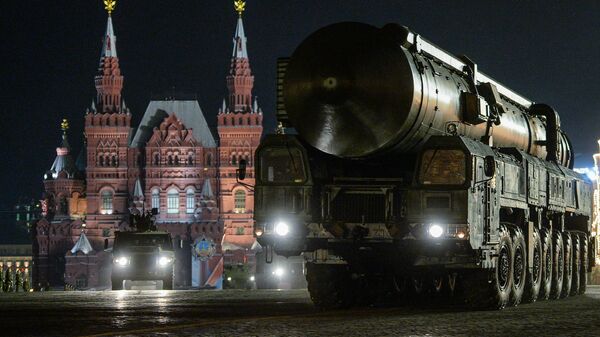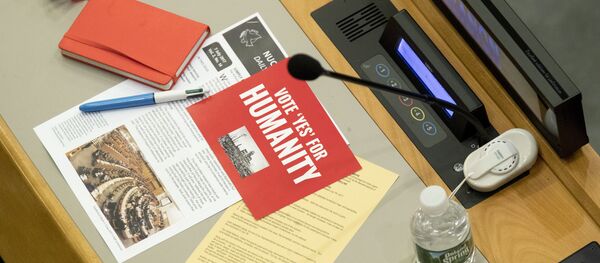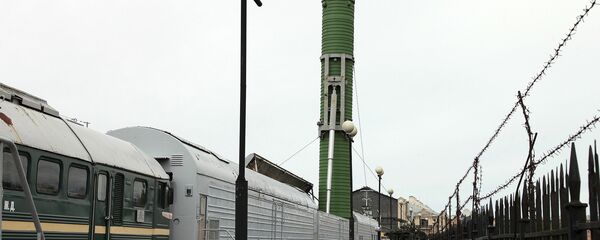On Friday, 122 of the UN's 193 member states endorsed the Treaty on the Prohibition of Nuclear Weapons, a new, legally binding international agreement aimed at the total elimination of nuclear weapons. The treaty contains prohibitions "against the development, testing, production, stockpiling, transfer, use and threat of use of nuclear weapons."
The major nuclear powers, including Russia, the United States, China, Britain, and France abstained from negotiations on the treaty, seeking to strengthen the 1968 Treaty on the Non-Proliferation of Nuclear Weapons instead. The 1968 treaty requires the five original nuclear powers to commit to nuclear disarmament, and to provide other nations with access to peaceful nuclear energy technology. India, Pakistan, Israel and North Korea also abstained from negotiations on the new treaty. The Netherlands, which took part in discussions, voted against the treaty.
In other words, the only countries which appear prepared to sign on to the new treaty are states that never had nuclear weapons in the first place. Mikhail Ulyanov, the head of the Russian Foreign Ministry's Department for Nonproliferation and Arms Control, says the situation is nonsensical.
Moscow has already said that it will not be ratifying the new convention, citing Russia's national interests. The Foreign Ministry is also concerned that the document might negatively affect the international situation as far as nuclear proliferation is concerned.
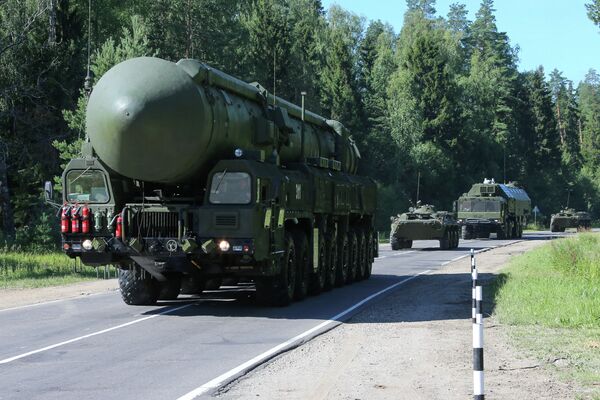
According to RT Russian contributor Nadezhda Alekseeva, Moscow's position appears to stem from the idea that the destructive power of nuclear weapons, as dangerous as it is, has been the main factor restraining the nuclear powers from direct military confrontation. "Thus, the Cold War between the Soviet Union and the United States did not enter into a hot phase due to the availability of nuclear weapons to both sides," the journalist wrote.
The same can be said of the current period of tensions as well. Earlier this year, Deputy Foreign Minister Sergei Ryabkov outlined Russia's position: "We have proceeded and will continue to proceed from the assumption that nuclear weapons constitute a factor for the maintenance of stability, a factor that ensures international security and guarantees our security, protecting the world from the most horrific conflicts."
China also boycotted negotiations on the new treaty, in spite of President Xi Jinping's comments earlier this year in support of the complete prohibition of nuclear arsenals. "Nuclear weapons should be completely prohibited and destroyed over time to make the world free of nuclear weapons," Xi said during a UN speech in Geneva in January. In the same speech, the president spoke of the need for a multipolar world where countries resist interventionist tendencies and treat one another as equals.
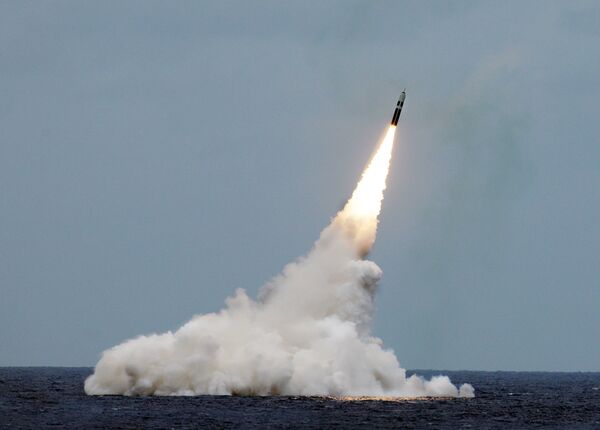
Finally, India too skipped the talks. Delhi favors complete disarmament, but not unilaterally. Furthermore, the country has not ratified the 1968 Treaty on the Non-Proliferation of Nuclear Weapons, and considers that treaty's conditions to be discriminatory.
Policy experts say the new UN initiative on the complete elimination of nuclear weapons is utopian, since a document that's signed only by non-nuclear states will be meaningless. Furthermore, for non-nuclear powers, its provisions essentially duplicate those of the 1968 treaty anyway.
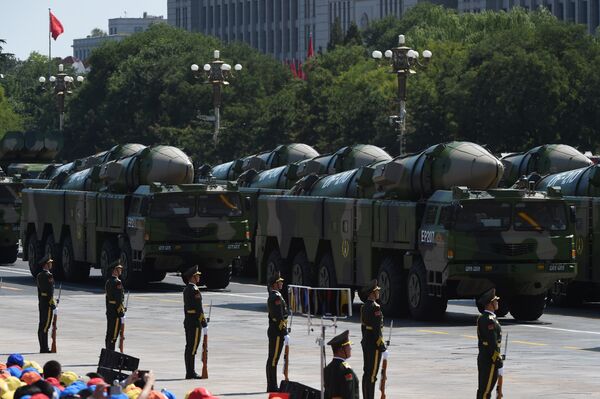
Speaking to RT, respected Russian military analyst Konstantin Sivkov suggested that the new treaty looks like a calculated effort to improve non-nuclear states' image in the international arena.
"This initiative is political adventurism," Sivkov said. "Someone just wants to score some political points. The nuclear parity that existed between the Soviet Union and the United States prevented a Third World War from breaking out, and this balance remains in the present as well. Therefore, the nuclear powers took the absolutely correct decision not to reject his convention."
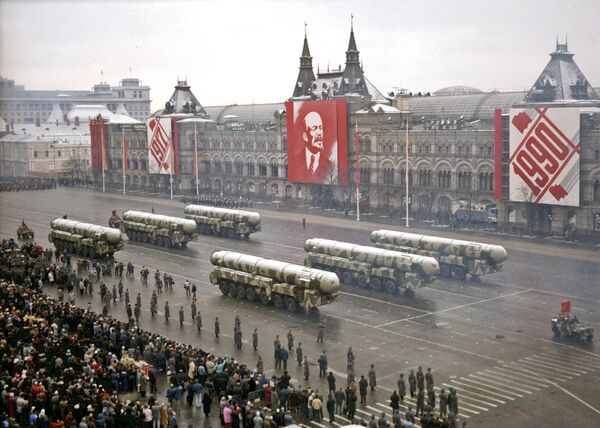
Boris Usvyatsov, the head of the Expert Council on Defense at the Russian Duma, echoed Sivkov's perspective. The new convention, he said, is little more than a manifestation of populism. Taking into account the current situation in the world, Usvyatsov believes that the nuclear shield is the only thing holding back destructive tendencies.
"Talks on the need for total disarmament have been raised before. Let me remind you that [last Soviet leader] Mikhail Gorbachev indulged in such initiatives. He was led like a puppet on a string by Washington; Moscow destroyed its arsenals, while the Americans stocked up. Therefore, there is no trust on these issues in the world [anymore]. Reasonable initiatives to reduce the number of nuclear warheads are one thing, and Moscow supports such proposals…But there is no cause for talk about their complete liquidation."
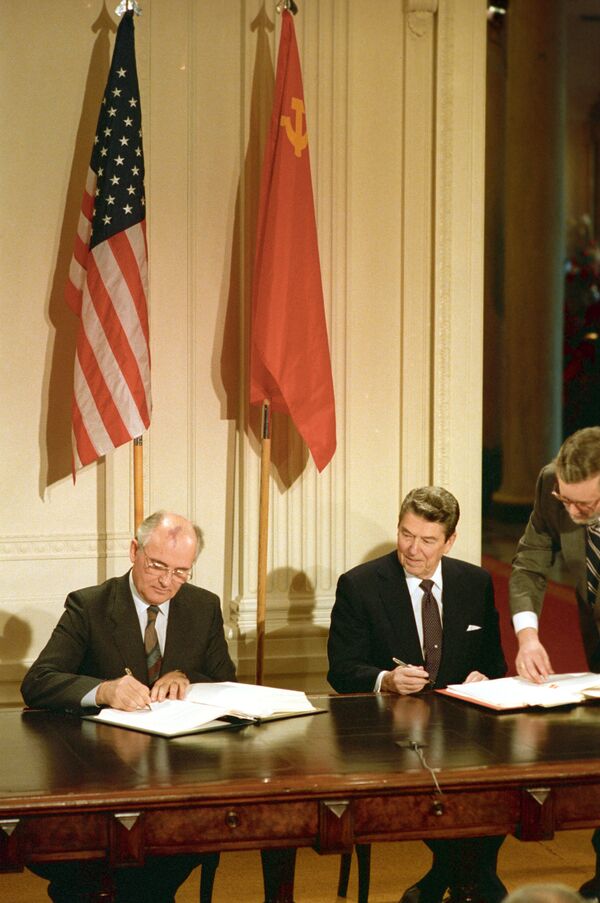
Ultimately, Usvyatsov stressed that this essentially useless treaty will not be the first time that the UN has adopted a resolution or convention which has not been implemented.
